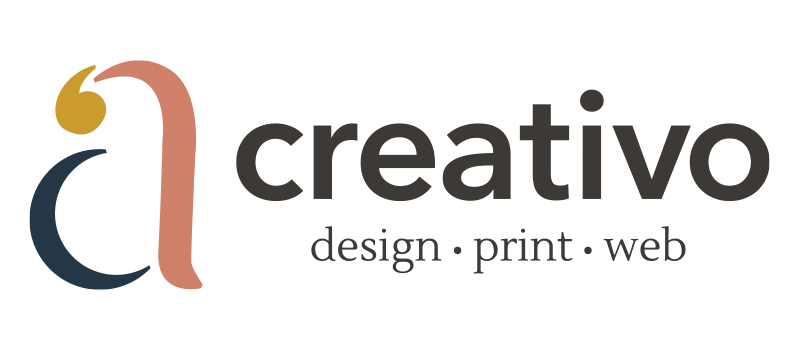Creating Compelling Content that Converts
Content marketing is more than just a buzzword—it’s a crucial strategy for attracting, engaging, and converting your audience. Creating compelling content that resonates with your target market can set you apart from the competition and drive significant business growth. In this blog, we’ll explore tips on how to create engaging content, the importance of storytelling, and how to measure the effectiveness of your content marketing efforts.
Tips for Creating Engaging Content
1.Understand Your Audience:
Before you create any content, it’s essential to know who you’re speaking to. Conduct thorough research to understand your audience’s needs, preferences, pain points, and interests. Use tools like surveys, social media analytics, and customer feedback to gather insights. This knowledge will help you tailor your content to address their specific challenges and goals.
2. Create Valuable and Relevant Content:
Your content should provide value to your audience. Focus on solving their problems, answering their questions, and offering actionable advice. Whether it’s a blog post, infographic, video, or podcast, ensure that the content is relevant to your audience and aligns with their interests.
3. Craft Compelling Headlines:
Your headline is the first thing readers see, so make it count. A compelling headline grabs attention and encourages readers to click through to your content. Use clear, concise language, and incorporate powerful words that evoke curiosity or urgency. Tools like CoSchedule’s Headline Analyzer can help you create headlines that convert.
4. Incorporate Visual Elements:
Visual elements like images, videos, infographics, and charts can make your content more engaging and easier to digest. They break up large blocks of text and provide a visual representation of your message. High-quality visuals can also enhance your brand’s credibility and appeal.
5. Optimize for SEO:
Search engine optimization (SEO) is crucial for increasing the visibility of your content. Conduct keyword research to identify the terms your audience is searching for and incorporate them naturally into your content. Pay attention to on-page SEO elements like meta descriptions, alt text for images, and internal linking to improve your content’s search engine ranking.
6. Encourage Interaction:
Engagement is a two-way street. Encourage your audience to interact with your content by asking questions, prompting comments, and inviting them to share their experiences. Interactive elements like polls, quizzes, and surveys can also boost engagement.
The Importance of Storytelling
1. Connecting on an Emotional Level:
Storytelling is a powerful tool in content marketing because it connects with your audience on an emotional level. A well-crafted story can evoke emotions, create empathy, and build a stronger connection between your brand and your audience. People remember stories much better than they remember facts and figures, making storytelling an effective way to leave a lasting impression.
2. Building Trust and Credibility:
Stories that highlight real-life experiences, customer testimonials, or case studies can build trust and credibility. When your audience sees how others have benefited from your products or services, they are more likely to trust your brand and consider making a purchase.
3. Simplifying Complex Information:
Stories can simplify complex information and make it more relatable. Instead of bombarding your audience with technical jargon or detailed explanations, use storytelling to present the information in a way that’s easy to understand and engaging.
4. Enhancing Brand Identity:
Your brand’s story is a critical component of your identity. Sharing your brand’s journey, mission, and values through storytelling can differentiate you from competitors and help your audience connect with your brand on a deeper level.
Measuring the Effectiveness of Your Content Marketing Efforts
1. Set Clear Goals and KPIs:
Before you start measuring, define what success looks like for your content marketing efforts. Set clear goals and key performance indicators (KPIs) that align with your overall business objectives. Common KPIs include website traffic, engagement metrics (likes, shares, comments), conversion rates, and lead generation.
2. Use Analytics Tools:
Leverage analytics tools like Google Analytics, SEMrush, and social media insights to track the performance of your content. These tools provide valuable data on metrics such as page views, bounce rates, time on page, and social media engagement.
3. Monitor Engagement Rates:
Engagement metrics like likes, shares, comments, and click-through rates are indicators of how well your content resonates with your audience. Monitor these metrics to identify which types of content generate the most interaction and adjust your strategy accordingly.
4. Track Conversion Rates:
Ultimately, the goal of content marketing is to drive conversions. Track the conversion rates of your content to see how effectively it turns visitors into leads or customers. Use tools like Google Analytics to set up conversion tracking and monitor the performance of different content pieces.
5. Gather Feedback:
Direct feedback from your audience can provide insights into the effectiveness of your content. Encourage your audience to share their thoughts and suggestions through comments, surveys, or social media interactions. Use this feedback to improve your content strategy and better meet your audience’s needs.
6. Analyze Content Performance Regularly:
Regularly review and analyze the performance of your content to identify trends and areas for improvement. Create reports that summarize key metrics and insights, and use this data to refine your content marketing strategy continually.
Creating compelling content that converts requires a deep understanding of your audience, a focus on delivering value, and the power of storytelling. By following these tips and regularly measuring the effectiveness of your efforts, you can enhance your content marketing strategy and achieve better results. Remember, content marketing is an ongoing process of learning, adapting, and improving. Keep experimenting, stay creative, and always prioritize your audience’s needs and preferences.
Are you looking to drive your business forward?
We provide a full-service strategic approach that allows you to get the most out of your marketing budget. Connect with us about your upcoming project!

